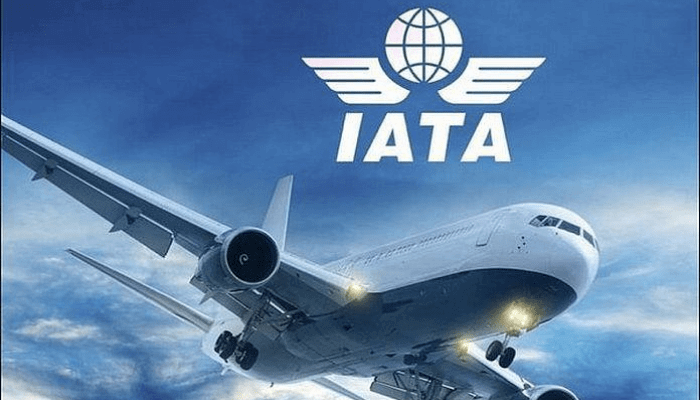Foreign airlines are on the brink of exiting Nigeria’s airspace due to $792 million in stranded funds, as indicated by IATA
Signs suggest that foreign airlines might soon withdraw from Nigeria’s airspace due to the deteriorating operating conditions.
This development follows the departure of various foreign businesses from the country this year. The most recent exit was by Procter & Gamble from the United States, which announced its decision to pull out just last week.
This move comes shortly after another multinational corporation, GlaxoSmithKline, also took a similar step a few months ago.
The primary obstacle, as highlighted by airline operators, lies in their struggle to secure the necessary foreign currency for operational needs, with more than $792 million of funds currently stuck in Nigeria.
This situation poses a significant threat to their global operations.
In Nigeria, international airlines accept payment in Naira from customers for ticket purchases and then seek to convert these funds into foreign currencies to support their operational activities.
However, these airlines have been expressing frustration over their inability to conduct currency exchange through the official foreign exchange market due to the scarcity of foreign exchange resources.
As a consequence of this predicament, even with intervention efforts from President Bola Tinubu, Emirates Airlines, the national carrier of the UAE, which exited Nigeria’s airspace last year, remains reluctant to resume operations in the country.
President Tinubu instructed the Central Bank of Nigeria (CBN) to establish a platform for quarterly reconciliatory meetings with foreign airlines, aiming to resolve the outstanding funds issue.
However, no progress has been made to date, with neither meetings nor funds released to any of the affected airlines.
This lack of resolution prompted the airlines to take further action, leading to the decision to shut down their lower fare inventory to travel agents throughout Nigeria.
This move effectively denies these agents access to issuing tickets originating from other countries into Nigeria, as part of an effort to alleviate the backlog of funds.
Aviation World has learned that passengers traveling from Nigeria are charged approximately N2.5 million for economy tickets to London Heathrow Airport.
The fares are over N2.6 million for flights with KLM Royal Dutch, and even higher at N2.7 million with Lufthansa. In comparison, travelers from countries like Ghana and South Africa, which are farther from Heathrow than Nigeria, pay about N400,000 to N500,000 for tickets of the same class.
However, Kamil Al-Awadhi, the Regional Vice President for Africa & Middle East at the International Air Transport Association (IATA), emphasized the urgency of the matter during a media presentation with African journalists at the IATA Global Media Day in Geneva. He called on the Federal Government to address the issue seriously.
“I haven’t had the opportunity to communicate with Nigeria’s CBN Governor. He mentioned he would engage with me once he has a solution. While he hasn’t made any promises, I have had discussions with the Aviation Minister, who is relatively new to the position and seems to be genuinely sympathetic or perhaps overwhelmed by the situation he inherited.
I believe his assistance could contribute to resolving the issue.”
“A total of $34 million is owed to airlines in Africa, and this amount is currently blocked. Due to depreciation, the airlines have already incurred a loss of $10 million.
This situation is unjust for the airlines, considering they have fulfilled all financial obligations to airport operators. They have paid all dues and even accommodate Nigerian officials on their flights, yet they are unable to retrieve their rightful payments.”
Regarding the state of aviation in Nigeria, Al-Awadhi highlighted that with a 25 percent interest rate on loans, high airport taxes, and insurance premiums that are six times higher than the global average, Nigerian airlines would face considerable challenges in achieving profitability.
He pointed out that any airline operating from Nigeria to destinations outside the country experiences lower operating costs and can offer more competitive prices compared to domestic Nigerian airlines.
Each airline encounters unique challenges based on its operating environment. Using Nigeria as an illustration, Al-Awadhi emphasized that the country has two of the most expensive airports, elevated fuel costs compared to global standards, and insurance premiums that are six times higher than the global average.
